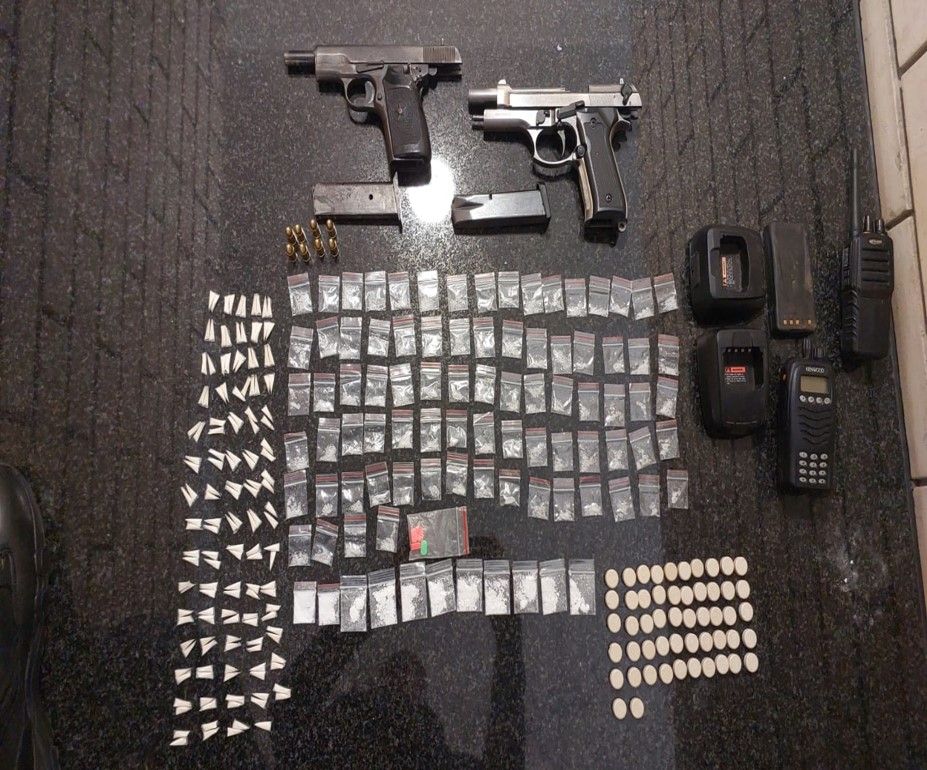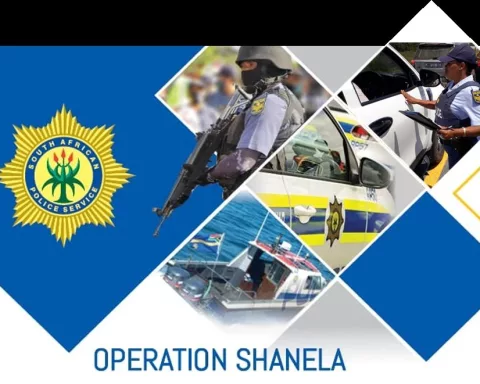The Western Cape Province of South Africa has been experiencing a persistent increase in high-density operations as part of the authorities’ unwavering fight against crime. These operations have resulted in over 1600 arrests for various criminal offenses over the past week. The strategic approach to combating crime has proven to be highly effective, resulting in a considerable reduction of criminal activities.
Arrests and Offenses
The week’s arrests consisted of 1077 wanted suspects, including 22 sought for murder, eight for attempted murder, and 358 for assaults. The remaining detainees were involved in various crimes, such as business robberies, house robberies, and other offenses. These arrests were a culmination of several crime-combatting operations carried out in the area.
Other High-Density Operations
Besides the crime-combatting operations, other high-density operations, including raids, vehicle checkpoints, roadblocks, and stop-and-search procedures, were conducted throughout the same week. The efforts led to an additional 533 arrests, further demonstrating the effectiveness of the police’s relentless approach to crime prevention.
Seizures
The police also confiscated various illegal items, including 12,609 drug units, primarily consisting of dagga, mandrax, and tik. They also seized 20 firearms and 181 rounds of ammunition of different calibers, 6,938 liters of liquor, and 141 dangerous weapons such as knives and pangas.
Aim of the Operations
The high-density operations, initiated three weeks ago, aim to curb, combat, and detect crime throughout the Western Cape Province. The authorities’ primary focus is on addressing crime generators such as drugs, alcohol, and illegal firearms by executing raids at illegal liquor outlets and suspected drug outlets, as well as conducting compliance inspections at licensed liquor establishments.
Impact on Crime Reduction
The continuous high-density operations serve as an essential tool for the police in their quest to drastically reduce crime levels. By deploying scores of officers from various units and police stations on a weekly basis, the authorities are sending a clear message: they will not relent in their pursuit of justice and the eradication of criminal activities.
As a testament to the effectiveness of this strategy, the soaring number of arrests and seizures speaks volumes about the authorities’ commitment to safeguarding the Western Cape Province. The concerted efforts of the South African Police Service have undoubtedly made a significant impact on crime reduction.
Through their unwavering dedication to the protection and security of the people, the police are fulfilling their duty in creating a safer environment for all citizens of the Western Cape Province. These high-density operations, by providing a formidable front against the forces of crime, will continue to be a vital weapon in the ongoing battle for safety and order.
In conclusion, the Western Cape Province’s high-density operations are proving to be an invaluable tool in the fight against crime. The people of the Western Cape can look forward to a future with reduced crime levels and a safer environment for all.












